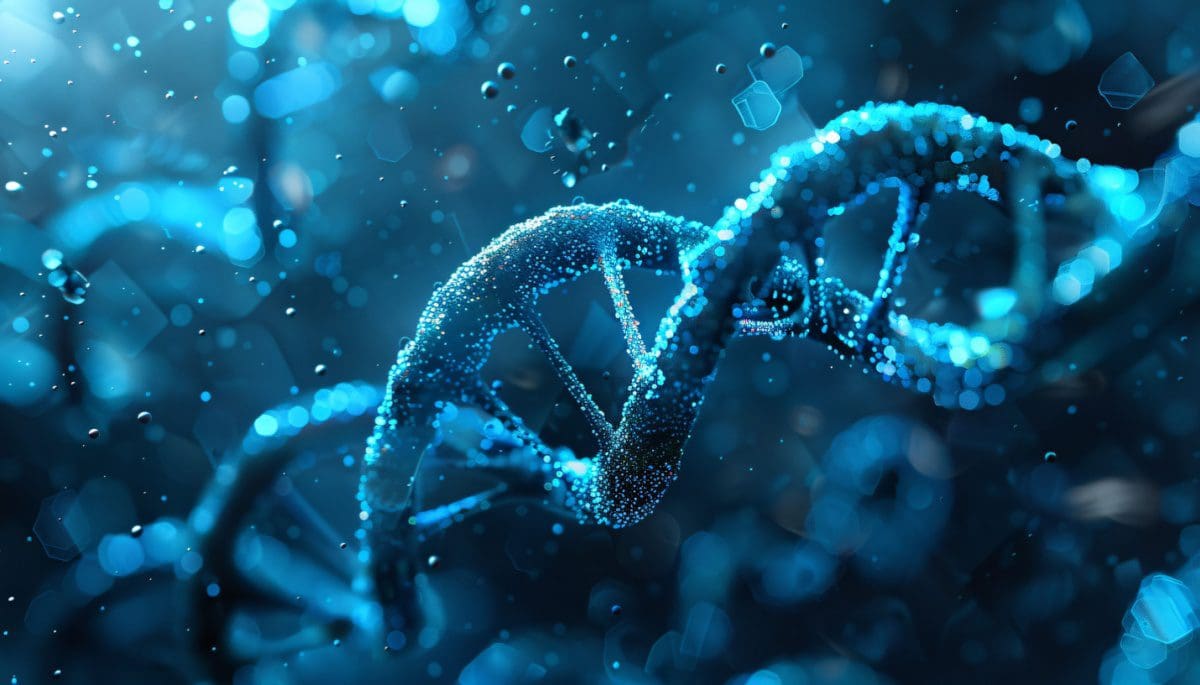It may seem like something from the distant future, but it may soon be possible to run entire computer networks on living cells thanks to recent advances in molecular computing made by scientists in the United States.
live computers
A functional DNA computer has been built, according to a study published Aug. 22 by a team of scientists from North Carolina State University and Johns Hopkins University.
DNA storage has been around for a while, but this could be the world's first functional molecular computer that can be used for both storage and computing functions, based on DNA. In various tests, the DNA computer has solved several Sudoku and chess problems so far.
Most molecular computers are being developed using DNA. This means that we are unlikely to see any practical applications of these computers for some time. With future developments and expansions, it may also be possible to link DNA-based computers within a single organism.
Computer based on human brain cells
Another project working with living cells from FinalSpark has developed a computer based on human brain cells. This computer works with neurons that receive electrical signals.
What’s unique about this project is that it’s possible for AI companies to rent a part of the computer. Just like human cells, these computers “die” after 100 days, but in the meantime they can be trained. This can be done by offering rewards in the form of serotonin, just like our brains do, and negative reinforcement in the form of an electrical signal.
According to the company itself, these computers are up to a hundred thousand times more efficient than the traditional silicon-based computers we know. And because they use brain cells, the computers are very small and do not use silicon.
Live Blockchains
Such living computers would in principle make it possible to develop living blockchains. Different cells in a person’s body would act as nodes that validate all transactions made on the cellular blockchain.
In theory, it would be possible to build a cellular blockchain in a specific organ, such as the heart or liver, to verify function and check cellular integrity. This could be a sign of a far-off future technology, as such technology is currently beyond human reach. However, recent research shows that it is possible.
Don’t want to miss out on important crypto news anymore? Then follow our brand new WhatsApp channel. We’re here to keep you updated with the most important crypto news 7 days a week.

Devoted music ninja. Zombie practitioner. Pop culture aficionado. Webaholic. Communicator. Internet nerd. Certified alcohol maven. Tv buff.


